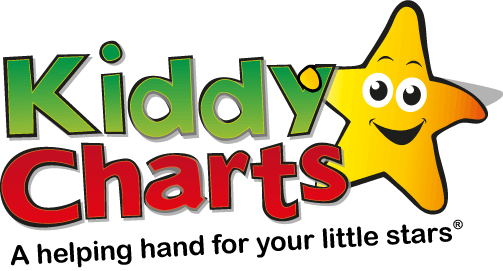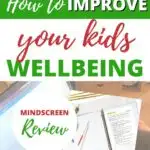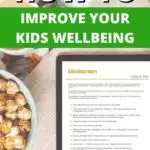In today’s world, it is hard for adults to balance children’s wellbeing and mental health alongside their responsibilities and their need to “live” in the modern world. But what about our children’s wellbeing? How can we improve our children’s mental health, confidence and self-esteem? We have been asked to review the Mindscreen experience® as a tool for empowering our children can learn how to understand self and to help enable courage and wellbeing. Coupled with this, the system is designed to enable parents to gain valuable insight into what makes their kids tick.

Children’s Wellbeing – What is the science behind the Mindscreen experience®?
Before we take a look at the system – the most important thing for us was to understand where the tools and lessons originate. What is the science behind these tools?

Mindscreen has been developed by an organisation, lead by their founder Gavin Devereux, that has a lifetime of experience in designing personality testing tools. The company has developed, though testing with 1000s of children, a set of tools that help to determine:
- How individual children are motivated and learn,
- How they react to situations (good and bad) based on their personality,
- What their level of self-worth is (the free self-esteem check),
- What their innermost feelings are about themselves,
- What characteristics they have, and how other important attributes for success in life could be developed, and
- What their interests and talents are, so what will inspire them.
Following the initial assessment, kids are offered guidance through advice, games and bespoke assessments to help kids with their own self-awareness, develop better self-esteem, and ultimately improve their prospects. Mindscreen gives children and parents information on their own learning styles, alongside a plan for developing their skills, with the ability to track progress through the program.
How we reviewed Mindscreen experience®?
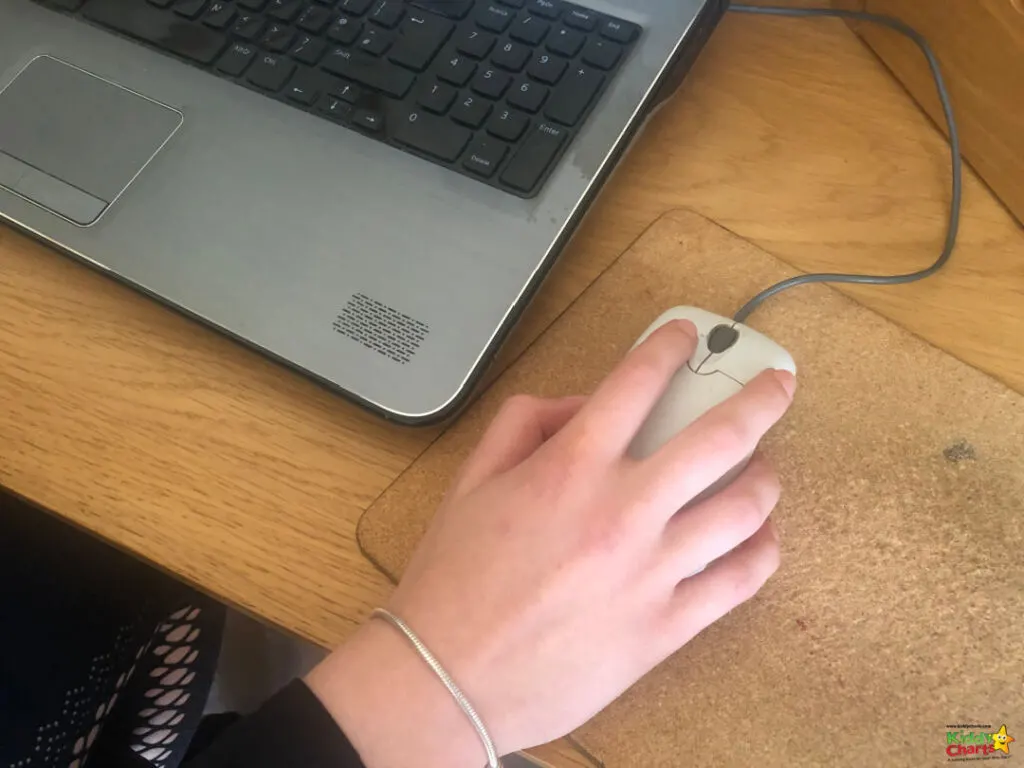
This system for your child’s development is well structured, and bespoke. We felt it was important to review it in a similar fashion. We have therefore:
- Thought about the free self esteem check initially,
- Then looked at the initial set up for Mindscreen experience®, and finally
- Looked at the reports that were produced based on those child-led assessments and how we felt they helped both the children answering the questions, and parents in their understanding of their children’s feelings. We also asked for feedback from the children on program.
What did we think of the free self-esteem check?
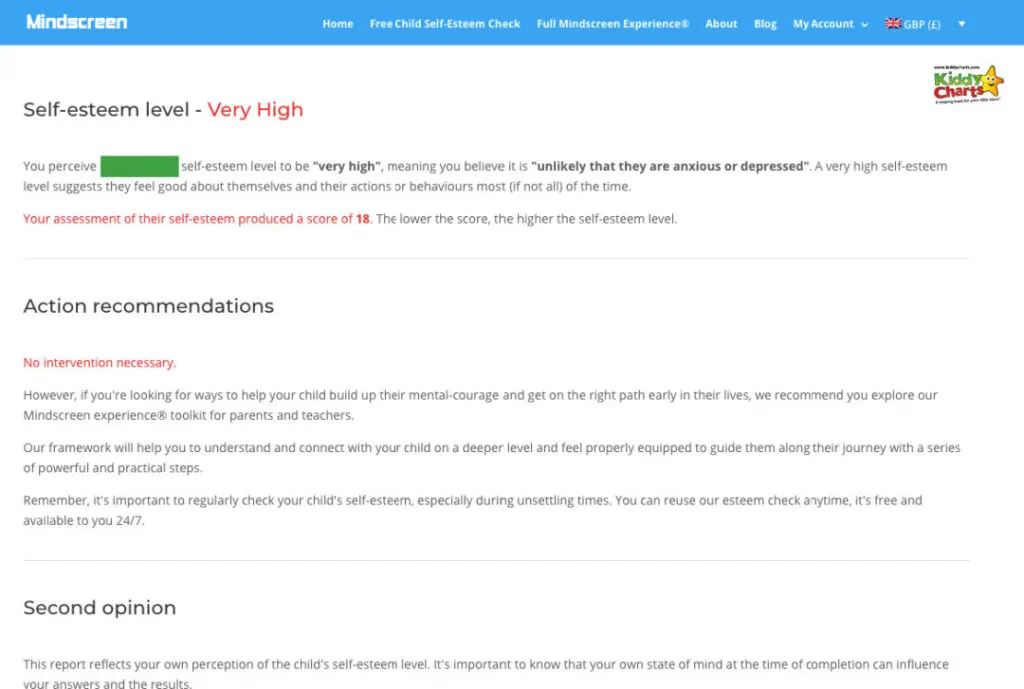
As a precursor to the Mindscreen experience® program, the free self esteem check is designed to see if your child would benefit from the wider program. It asks 36 questions of parents / carers, and based on answers, determines whether or not children have a self-esteem issue, and whether “intervention” is important. Intervention in this case, is whether the Mindscreen experience® is recommended or not.
Overall, we felt that this was a useful assessment tool for parents, counsellors and schools to enable greater understanding of their children and classes. The benefits are actually two-fold because filling it out:
- Gives you a detailed report on your child, and how they are, as well offering them insight into their feelings, behaviours, motivations and personalities, and
- Gets parents thinking about their kids in a way they may not have done so before. Really looking at what situations bring the best and the worst out of their children. This is actually a helpful learning experience for the parent too.
In our case, as we suspected, neither of the children that took part have self-esteem issues. Both are confident (high and very high), and don’t need specific tools in place to help them. This is, of itself, reassuring, but the assessments do allow you to take on board ideas of what to look for and “spot” in your children for the future, including:
- Disinterest in succeeding at school,
- Spending a long time on social media, and being inclined to “shut themselves away” in their room,
- Losing appetite for things they used to enjoy, and
- Being focused on body image.
Even these insights into thoughts and behaviours are important in today’s fast-paced world.
It IS worth noting that as parents / carers fill this out, it might be worth getting another opinion on your children, to see what others viewpoints are.
Once the self esteem checks are done, users can detemine whether they want to help their children’s wellbeing and resilience by taking part in the full program, including the initial child-led assessments.
We therefore looked at how this worked as well.
How easy is the Mindscreen experience® to set up?
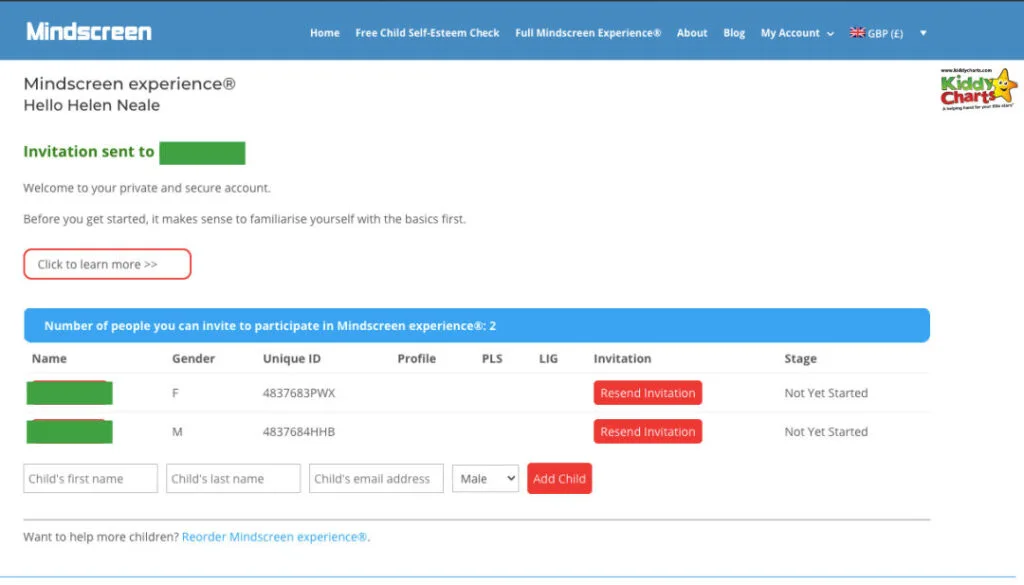
Initial sign-up to the system is relatively simple, and you are sent details to register each of your children. This is a straight-forward process, and enables you to invite your children to take their assessments, so the Mindscreen experience® can then build their programs within your account.
Children must fill these out without intervention from others, honestly, and without distractions to make sure that they are a true reflection of their feelings. The questions are well structured, asking kids to rank their motivations, behaviours and skills to build up a picture of how they see themselves. Some of the rankings are actually really tough to do! 😂
Once these questions have been answered (which takes about 15-20 minutes), a report is sent to give a detailed overview of the child so that this then feeds into a learning plan, which ultimately helps parents to track progress through the Mindscreen experience®.
Parents are presented with the report, the personalised learning style (PLS) (based on how your child learns), and a learning improvement graph (LIG) in their dashboards. These can be used throughout the program to see how a child is progressing, in particularly the LIG shows progress around certain goals, such as developing confidence, or being aware of their own level of happiness.
What do we think of the Mindscreen experience® child-led assessments?
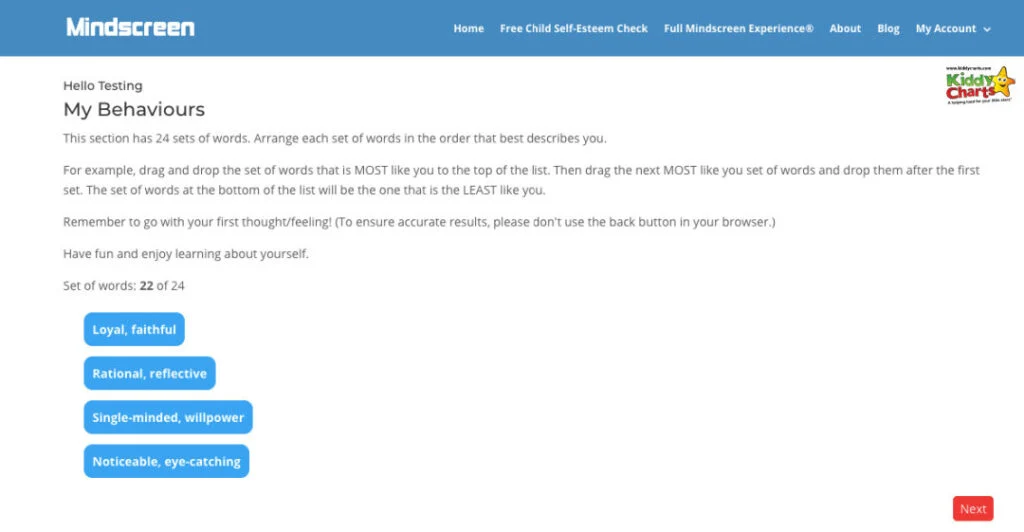
We found these initial assessments easy to do with our children, and seemingly effective in un-picking our childrens’ personalities and learning styles. Who would have thought a few questions would be able to do that, when we have spent years trying 😂..
We were pleasantly surprised in particular about the results for our son; whose personality seemed to be reflected in his report to a tee! So much so, that he repeatedly laughed ironically at the statements made about him on the report 🤣
The report is a fascinating read for the parents, but importantly is aimed at the child, so that they take on board the results, and think in detail about what and how they behave rather than having a passive role in the process.

It is so important for children’s wellbeing that they feel they are being listened to and involved, and it is excellent to see that the Mindscreen experience® embeds this at an early stage.
Though the report is long, it is set out into clear sections to help parents and carers to understand and then to apply to the program and the lessons. The report covers everything from careers, to your communication likes and dislikes, alongside how to succeed in life.

We did feel that it would be important for many children to go on and do the lessons relatively soon after the report. The Mindscreen experience® is a package, and so, though the report is helpful, it is much more so to take the lessons further either at home or a classroom setting. It is vital to have awareness of this before starting the program, and being willing to commit both as a parent and child to the full process.
What is our recommendation on buying the Mindscreen experience®?

Overall, the results for the reports were excellent for both our children and very insightful. Both don’t adapt their personalities at all – in fact, we are more adaptive as parents. This seems to partially explain their tendency to argue; neither will adapt their behaviours to fit in with the other. A helpful, and stark insight into our household 😉.
The Mindscreen experience would be really helpful for parents and settings where children are the focus, e.g. counselling, schools. It DOES require buy in from the child for them to do the complete course, and so parents would need to explain the reasons for doing it in terms they understood, e.g. based on the result from the self esteem test, or to help their kids with specific anxieties and/or goals.

For older children, they are likely to be able to work through the questions without guidance. For younger ones (13 and under), we felt it was important to have an adult on hand to answer questions both on meaning within the assessment (for more complicated terms), to the interpretation of the report. In particularly the diagram showing the “natural” and “adapted” child, is difficult for adults to understand, so definitely needs input from a professional or an adult. For my daughter, and son, the natural and adapted “me” were extremely close together (on top of each other) for my daughter. It was important to help them understand what this actually means for them in the real world.
Alternatively, this would be an excellent product to have as a basis for personal, social development and careers within a school setting providing good insight into children’s wellbeing and their natural skills and personality, while helping them to develop coping strategies for anxiety and beyond.

